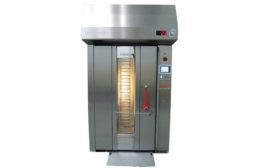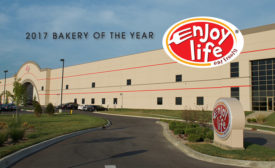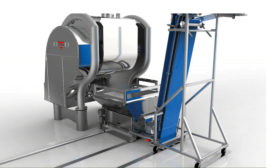Featured Stories
Innovation yesterday and today at Frito-Lay
Frito-Lay’s legendary track record of innovation continues today, with a culinary mindset driving a flavor-forward agenda.
September 20, 2017
Consumers seek better-for-you flavor experiences in private label
Retailers focus on clean label, organic, and better-for-you products.
September 18, 2017
Updated ovens and proofers to improve energy efficiency and cleaning
Snack and bakery companies favor updates over releasing new equipment.
September 15, 2017
Demand for longer shelf life, fewer preservatives spurs new packaging solutions
Lightweight materials extend shelf life and offer sustainability benefits.
September 14, 2017
Creative cookies get thinner, healthier and offer innovative flavors
Boosted nutrition, fewer calories and innovative flavors lead current cookie innovations.
September 13, 2017
Freshness demands create new challenges in food delivery logistics
Routing and scheduling software interconnects the supply chain and improves efficiency.
September 12, 2017
Keep the info flowing with our eNewsletters!
Get the latest industry updates tailored your way.
JOIN TODAY!Copyright ©2024. All Rights Reserved BNP Media.
Design, CMS, Hosting & Web Development :: ePublishing











